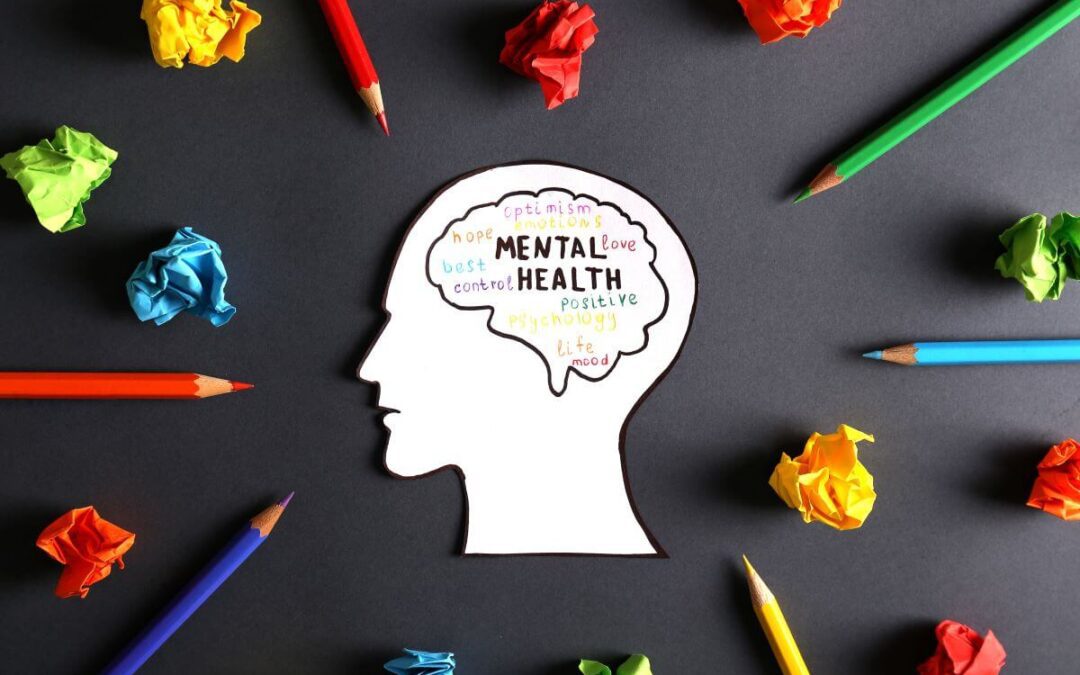
What they Say about Personal Branding – 10 Best Quotes
This week, we have introduced to you our series of posts on Personal Branding. If you haven’t already read our introductory post, which also serves as a crash course on personal branding, you can read it here – Personal Branding: Why it Matters and How you Can Get There. While our previous post was more on the fundamental and technical know hows of personal branding, today’s is to fetch you some inspiration. Wondering if other people felt the same things you may have felt at different points in time, regarding personal branding? Only one way to find out! Here are the 10 best Quotes on Personal Branding by some very successful personalities.
1. Because you represent brand ‘You’.
All of us need to understand the importance of branding. We are CEOs of our own companies: Me Inc. To be in business today, our most important job is to be head marketer for the brand called You. – Tom Peters in Fast Company
2. Whether it’s a blind date, or a job interview, remember you live in the Age of Google.
Personal branding is about managing your name—even if you don’t own a business—in a world of misinformation, disinformation, and semi-permanent Google records. Going on a date? Chances are that your “blind” date has Googled your name. Going to a job interview? Ditto.– Tim Ferriss
3. One of the golden rules for personal branding is getting to know your audience.
Focus on identifying your target audience, communicating an authentic message that they want and need and project yourself as an “expert” within your niche.– Kim Garst
4. The basics of starting well, when it comes to personal branding.
Start by knowing what you want and who you are, build credibility around it and deliver it online in a compelling way. – Krista Neher
5. The greatest promise you can ever make to yourself is to work hard, and work true – for the brand called ‘You’.
Your brand is a gateway to your true work. You know you are here to do something—to create something or help others in some way. The question is, how can you set up your life and work so that you can do it? The answer lies in your brand. When you create a compelling brand you attract people who want the promise of your brand – which you deliver.– Dave Buck
6. …And the greatest promise to your clients is your Brand!
Your personal brand is a promise to your clients… a promise of quality, consistency, competency, and reliability.– Jason Hartman
7. All good things take time. Including establishing solid foundations for your personal brand.
Building a profitable personal brand online is not a sprint, and something that happens over night. Don’t aim for perfection early on. Instead allow your brand to evolve naturally over time and focus on providing massive value and over deliver to your target audience. Then you will get more clear over your message and brand as well. Always remember that!– Navid Moazzez
8. Regardless of what background you come from, and where you aim on going, your personal branding matters!
Even individuals need to develop a brand for themselves …. Whatever your area of expertise, you can take steps to make people think of YOU when they think of your field.– Accelepoint Webzine
9. Maintaining transparency about your brand is what contributes to the reputation of your brand.
It’s important to build a personal brand because it’s the only thing you’re going to have.Your reputation online, and in the new business world is pretty much the game, so you’ve got to be a good person. You can’t hide anything, and more importantly, you’ve got to be out there at some level.– Gary Vaynerchuk
10. And our favorite from the literary genius. This one goes out to every body out there regardless of whether or not you are interested in personal branding!
Be Yourself, Everyone Else is Already Taken. – Oscar Wilde
Have some favorite personal branding quotes? Bring them up here!






